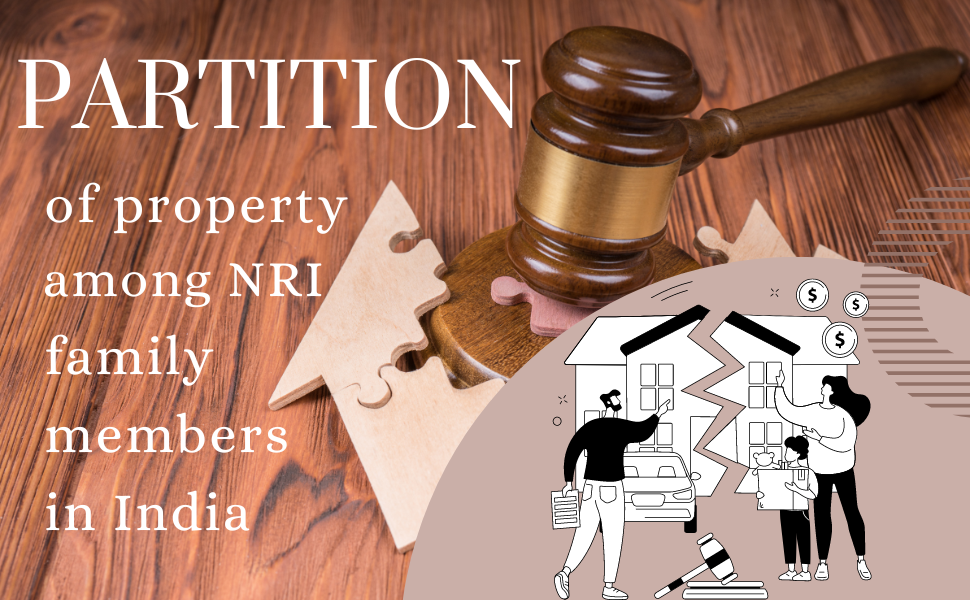Understanding Liability in Trucking Accident Injury Cases
Imagine yourself traveling on the highway when suddenly a big truck runs over you. The fallout includes physical suffering, emotional turmoil, and growing costs. If you are not at fault, your recovery
Partition of Property Among NRI Family Members in India
Immigrating to America is a significant decision that involves various aspects and considerations. There are around 9 million people who are waiting for green cards, and the United States of America
How Do I Enforce My Trademark Rights?
Trademarks play a vital role in protecting the unique identity and reputation of a business. Once you have obtained a trademark registration, it is essential to actively enforce your trademark rights
What Do You Mean by Nurse Legal Consultant?
Today, the healthcare system is quite complex, and the role of a nurse legal consultant has emerged as a valuable resource at the intersection of healthcare and the legal system.
When Accidents Happen: How to Properly Report a Car Accident
Is there anything worse than the feeling you get after you were involved in a car accident?
Dog Bite Lawsuit: What to Do After Becoming a Dog Bite Victim
Dog bites are common, and they can cause serious damage. Anyone can become a dog bite victim, but children are particularly vulnerable.
Improper Lane Change: Who Is at Fault in an Accident?
Additionally, any driver that makes an unsafe lane change, such as driving in the wrong lane, should still be considered negligent. When you experience or see some truck changing lanes accident, you m
How Long Does the Car Accident Settlement Process Take?
Did you know that crash injuries are estimated to be the eighth leading cause of death globally? Car accidents can be stressful and have a significant impact on your life. Apart from dealing with phys
4 Bus Laws Riders, Pedestrians, and Drivers Should Know
Did you know that about 1.3 million people die each year as a result of road traffic crashes? Accidents happen, but they are preventable if everyone follows the correct laws. If you ride a bus, it is
What Are the Benefits of Using a Family Real Estate Trust?
Were you aware that there are signs of an increased average household size? As your loved ones grow up and have kids, you should consider getting a family real estate trust. It is a powerful option f












